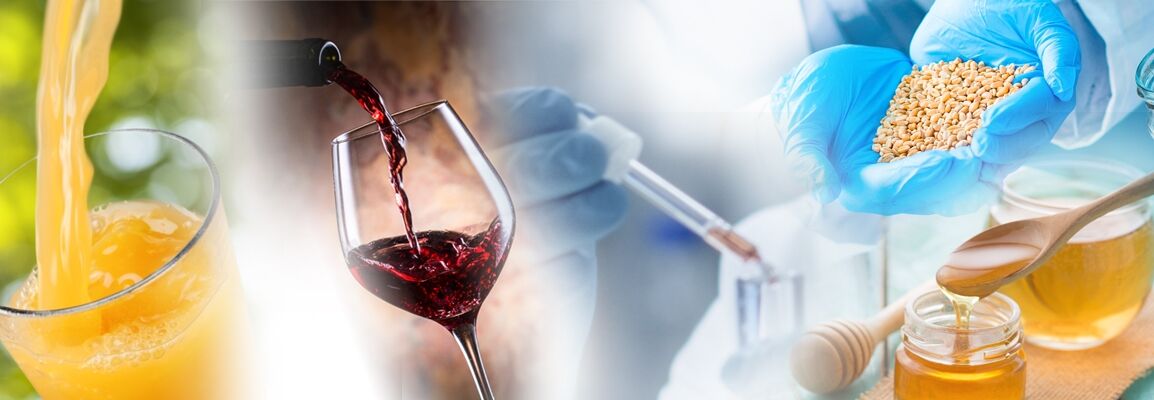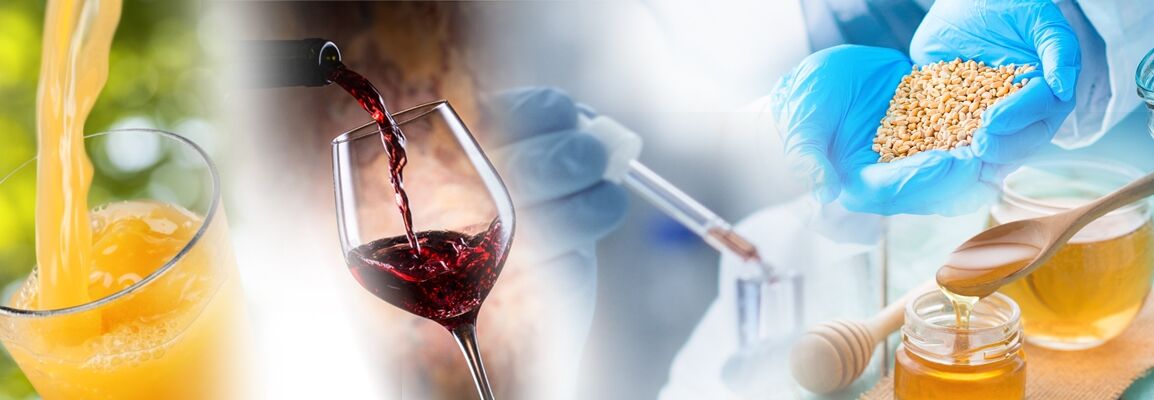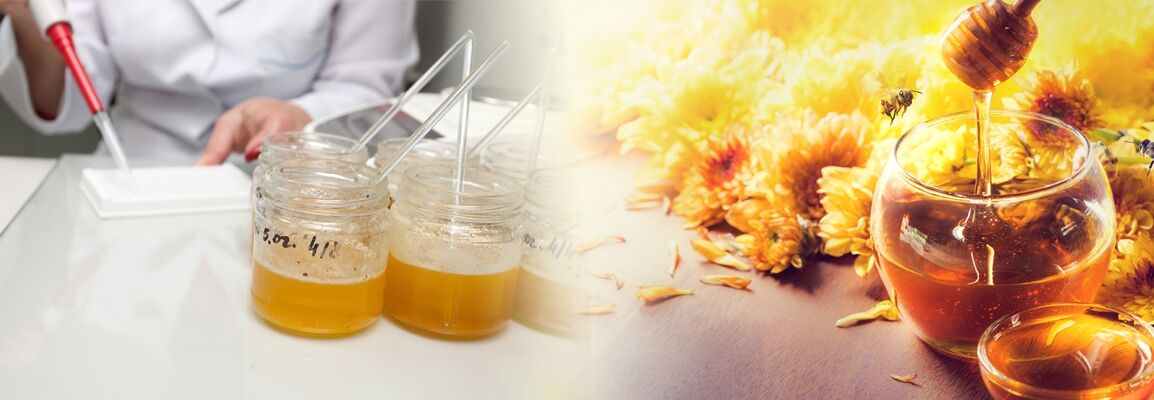

Food Authenticity (Episode 5)
Food Authenticity Podcast Ep5 Ron Phipps & Michel Roberts
Food fraud is a global issue that negatively impacts producers, manufacturers, and consumers alike. Not only does food fraud affect markets worldwide, but honey fraud in particular impacts bee populations, putting ecological stability and global food security in jeopardy.
This podcast explores this pressing issue, speaking with two leading experts in the field of food fraud.
The podcast features Professor Michael Roberts, Executive Director of the Resnick Center for Food Law and Policy at UCLA. Michael has been at the forefront of studies into food fraud for almost 20 years, having taught the first ever Food Law and Policy class at the University of Arkansas.
The podcast features Professor Michael Roberts, Executive Director of the Resnick Center for Food Law and Policy at UCLA. Michael has been at the forefront of studies into food fraud for almost 20 years, having taught the first ever Food Law and Policy class at the University of Arkansas.
Joining Michael is Ron Phipps, Vice-President of the Apimondia Scientific Commission on Beekeeping Economy and President of CPNA International, Ltd. Both Michael and Ron have written and published extensively on the subject of food fraud.
Current issues around food fraud can be understood as two equally critical areas: general food fraud and economically motivated adulteration. The adulteration and its economic benefits are very much being the progenitors of food fraud. Our guests outline the importance of this distinction, and the work being done by a range of national and international organizations and regulators to help address this problem.
Consumer awareness and information campaigns remain at the center of ongoing work to reduce and mitigate the impact of food fraud. Ron and Michael share details of the work being done from both a legal and awareness-raising perspective.
They also explore and provide valuable insight into the technical aspects of food adulteration, looking at the impact of Nuclear Magnetic Resonance (NMR) spectroscopy and its potential to accurately analyze the contents of potentially adulterated foods, and how this technology could be used alongside regulatory and control measures to address food fraud robustly.
About Ron Phipps
Ron Phipps is Vice President of the Apimondia Scientific Commission on Beekeeping Economy, and author of International Honey Market Reports which appear in the American Bee Journal and the apiservices.net website. He is also chief author of Marketing of the American Honey Crop in the Hive and the Honeybee (Dadant, 2015). He has organized international symposiums on Honey and Health. He is a pioneer in the international honey trade and actively involved in efforts to promote authenticity of honey as the foundation for the creative marketing of honey.
His academic work includes service as the Personal Assistant to the President of the American Philosophical Association. With the support of the National Science Foundation, his work in theoretical physics has led to publications, including "The Infinite, Open and Integrated Universe." Phipps has helped to guide the Long Island Concert Orchestra and Chamber Players International, as Chairman of the Board.
About Michel Roberts
Michael T. Roberts is the founding Executive Director of the Resnick Center for Food Law and Policy at UCLA School of Law. Roberts is a thought leader in a broad range of legal and policy issues from farm to fork in local, national, and global food supply systems. He taught the first food law and policy course in the United States in 2004 and served as the leading force in the development in 2005 of the first scholarly journal – Journal of Food Law and Policy – devoted exclusively to the field. Since his arrival to UCLA in 2013, Roberts has authored and edited major foundational publications on food law. He authored the first major treatise on food law, titled, Food Law in the United States (Cambridge University Press 2016). He is also co-editor of a case book, Food Law: Cases and Materials (Wolters Kluwer 2019). He is currently editing Research Handbook on International Food Law (Edward Elgar Publishing, forthcoming). He has also written several other chapters, articles, and papers on food law topics.


